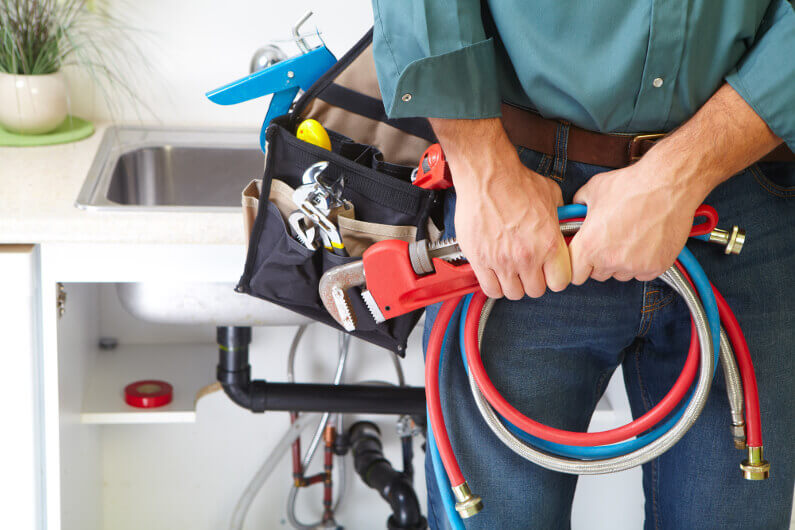The average American plumber earns $25.92 per hour. Which is kind of low if you consider that most of the jobs they tackle are impossible for the average layperson to fix themselves.
At least without causing some major damage.
But that doesn’t mean all plumbers are alike. If you have a leaky toilet at home, you need to call a residential plumber rather than a commercial one.
And if you called after regular business hours, you’d have to ask a plumber if they made after-hours house calls. Of course, that’s one of the many questions you need to ask a plumber before hiring them.
If you’re not sure what plumbing questions to ask, you’ve come to the right place. Keep reading to learn the top 10 plumbing repair questions you should always ask.
1. Ask Your Residential Plumber if They are Licensed
While every state has its own set of requirements to get a plumbing license, typically someone needs to at least have their high school diploma or a GED. They then take vocational training and earn a certificate.
After that, they spend four to five years as an apprentice to learn all aspects of the trade. Plumbers must have 2-5 years of experience and then pass an exam covering plumbing trades and local codes to receive their license.
That license means they’re qualified to fix your problem properly the first time. Make sure they have one.
2. Do They Have Insurance?
This is one of the most important questions to ask a plumber. Only work with a plumber if they’ve got liability insurance and workman’s comp.
This is a trade where things can go wrong. And if they do, it’s often costly.
Never hire any plumber unless they carry insurance. Otherwise, if something goes wrong, you may have to pay to fix the problem yourself.
3. Do You Have A Specialty?
Like most other professions, plumbers can specialize in certain types of work. Make sure your plumber specializes in the work you need them to do.
Otherwise, you can hire a general plumber for basic work, but if you need specific work done, make sure to hire someone with the right experience.
4. Do You Offer a Warranty on Your Work?
Plumbing repairs and installations should always come with a guarantee. Most contractors are willing to make repairs or replacements for any problems directly related to either the initial issue and/or the service provided for a minimum of 30 days after service is provided.
A good plumber will tell you if there’s a reason why a warranty can’t be provided. However, if it’s a basic fix and they won’t back up their work or provide you with a reasonable explanation as to why then find another plumber to work with who will guarantee their work.
5. Can I Get A Few References?
Walk away from any plumber who can’t provide you with 3-5 references. Then follow up and contact those references.
Ask those people what type of work they had the plumber perform. Then ask them what they liked most and least about working with the plumber.
You can also look online at their Google Business Listing or on other review sites to see what other former clients think of their services.
6. What Are Your Hours of Operation?
Some plumbers only work certain hours while others offer 24/7 services. Make sure you know of a trusted plumber you can call during an emergency.
While you may not ever need it, it’s a good number to have on hand just in case.
Also, if you know they provide services after regular business hours, ask them if they charge for after-hours services. Then find out what those fees are and when those extra few hours start and end.
7. Can I Get a Breakdown of all Fees?
There’s no real way for a plumber to give you an accurate quote without first inspecting the issue themselves in person. While they may be able to provide you with a soft quote over the phone, keep in mind that the price is not set and may end up much higher.
Once the plumber does visit your home, ask if the quote they’re giving you includes labor and material. Find out what those prices are if it doesn’t.
You should also ask how they charge for their services. Some plumbers charge by the hour. This can get expensive if a job takes longer than expected. If your residential plumber does charge by the hour, ask for an estimate on how long it should take.
Travel Time
Some plumbers also charge travel time. Ask if yours will charge for this as well.
To get the best idea of how much everything will cost, ask for a breakdown of all fees along with a grand total.
8. If Needed, Will You Get Any Necessary Permits for The Work?
Jobs with the potential to cause harm either to the city sewer system or people require permits and inspection to ensure the work is completed to code.
Ask a plumber if any permits or inspections are required. Then ask if the plumber will obtain those permits and when the inspection is scheduled.
9. How Long Have You Been in Business?
If you need a heart transplant you’d choose the surgeon with 10 years of heart transplant surgery under their belt rather than the one who just finished with their residency. The more experience means they’re faster and often better at their job.
The same is true with your plumber. The more on-the-job experience means they can provide you with a higher quality level of work often at a faster pace than those who haven’t been on the job as long.
10. Will You Give Me Advice on How to Avoid Future Plumbing Issues?
A good plumber cares about providing good service to their customers. Part of that good service is helping its customers prevent future repairs.
Your plumber should leave you with information on how to prevent problems in the future so you’re not contacting them every few weeks to fix the same problem.
Contact Us
The next time you need a residential plumber, whether it’s for routine maintenance or an emergency, think of us. We’re a family-owned company in Columbia, South Carolina and we’re here to help.
We’re licensed plumbers, mechanical contractors, and gas fitters. Your satisfaction is our first priority. Click here to contact us.

